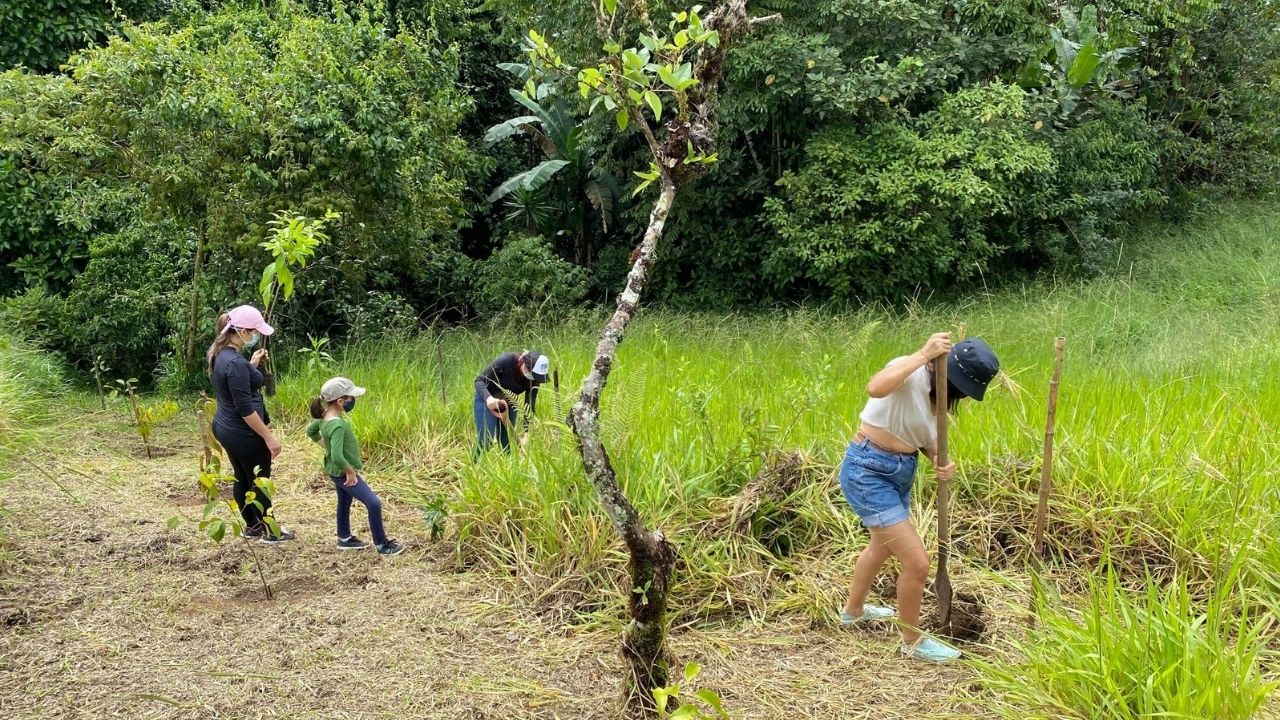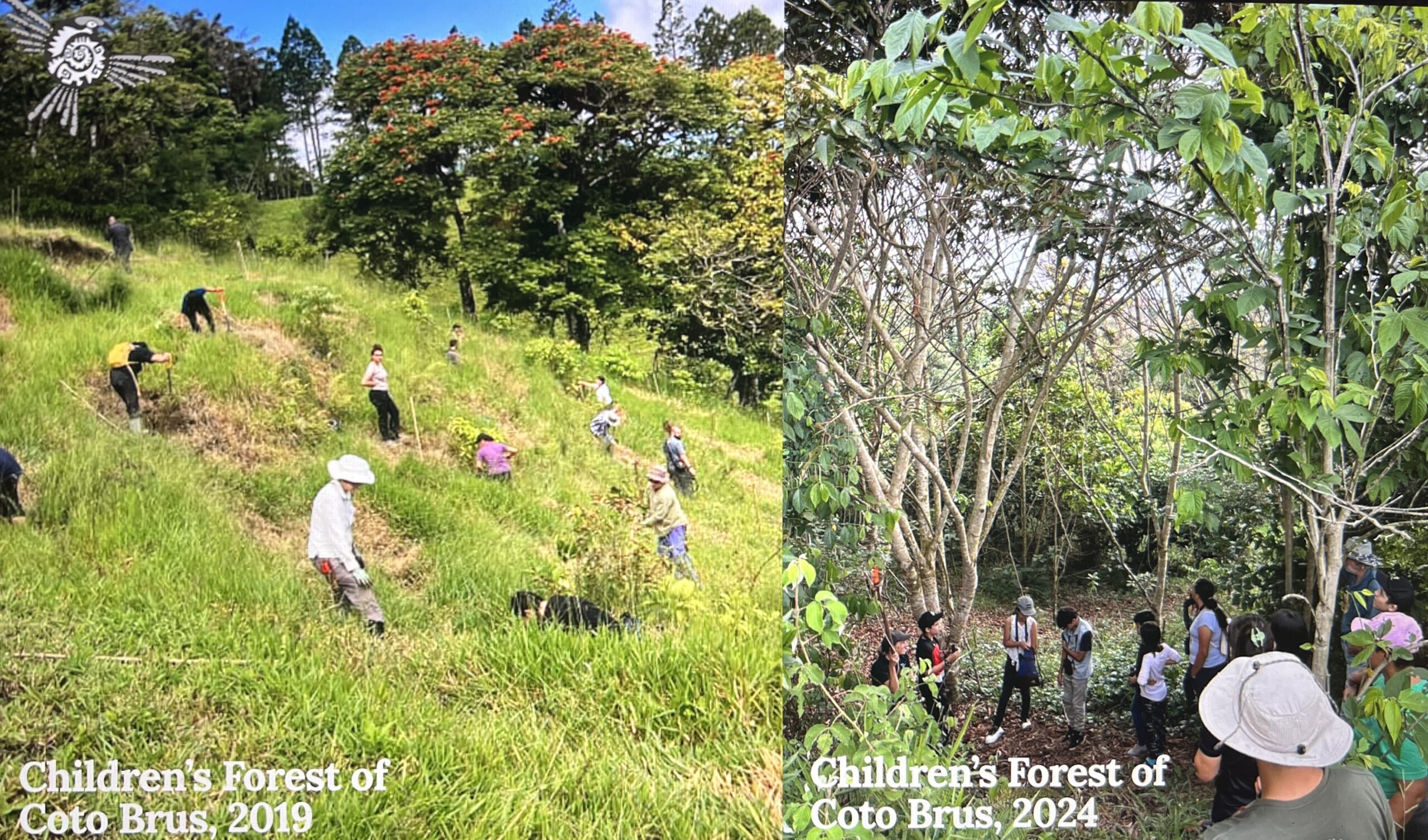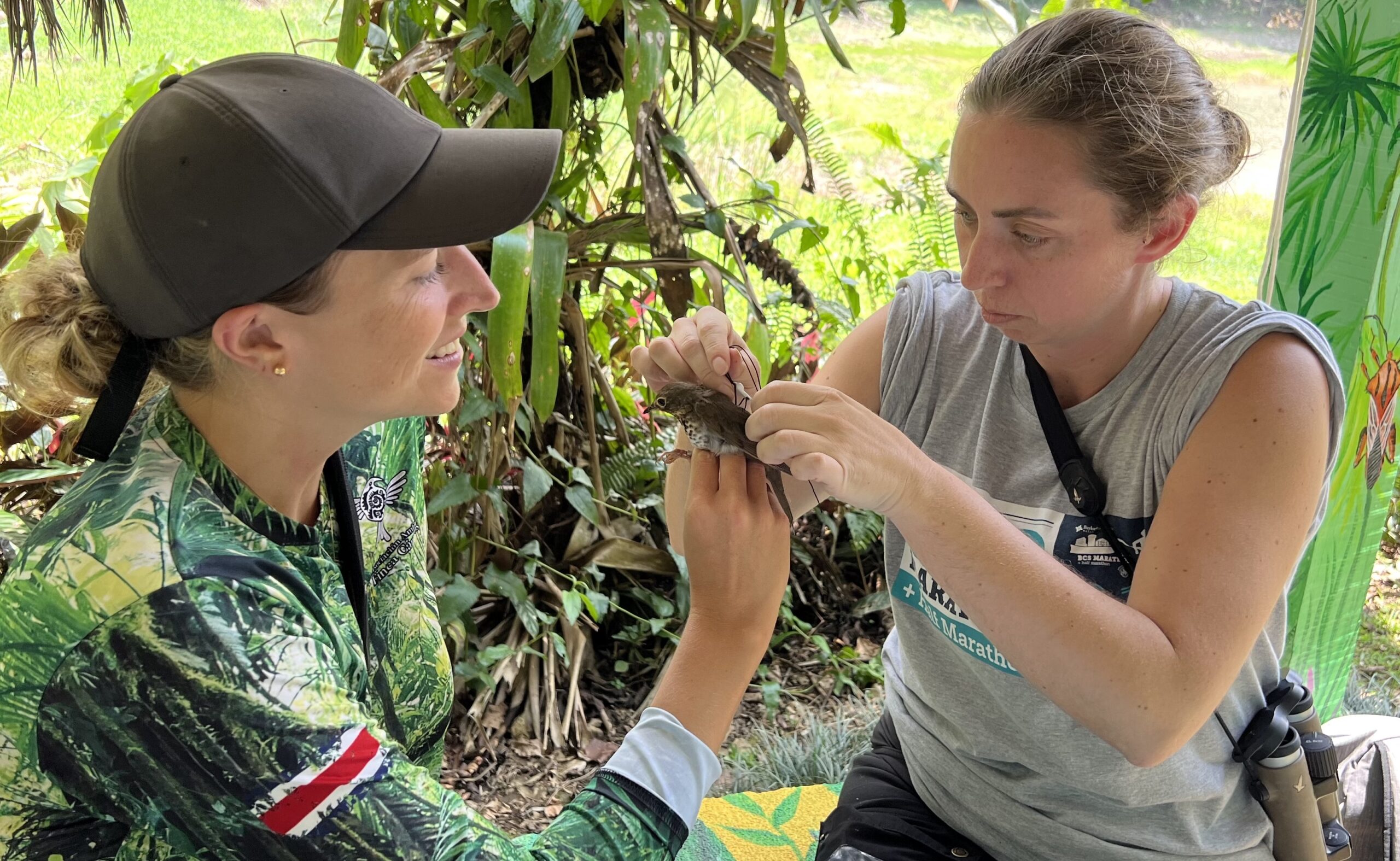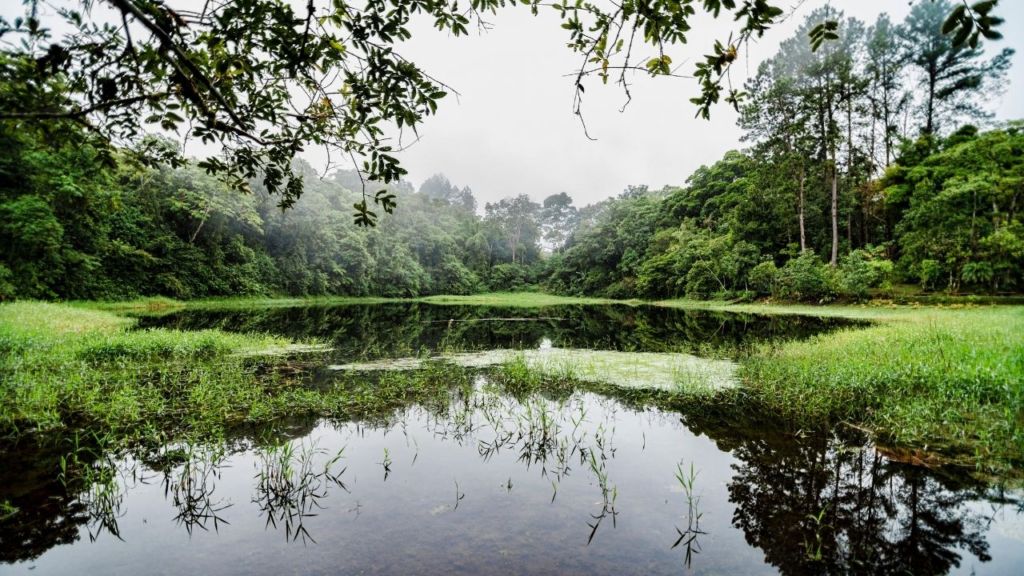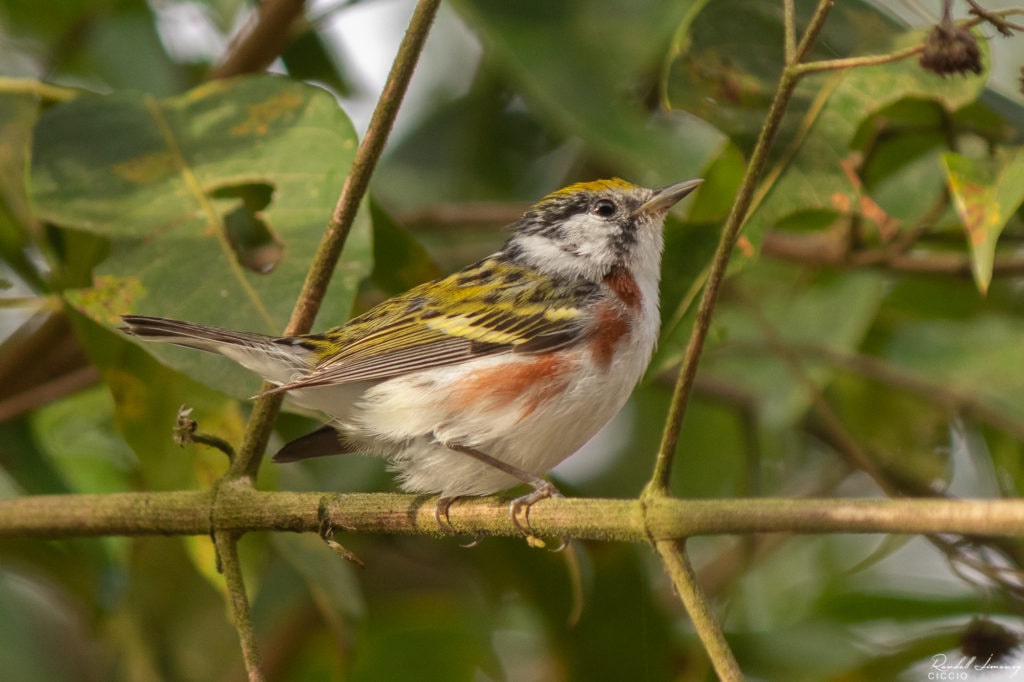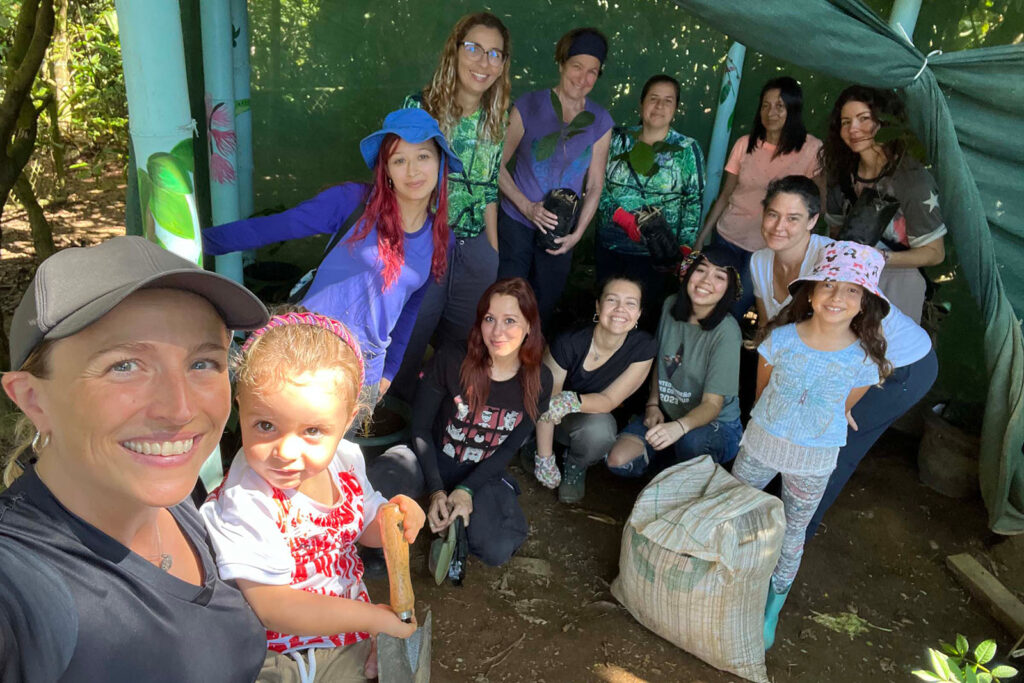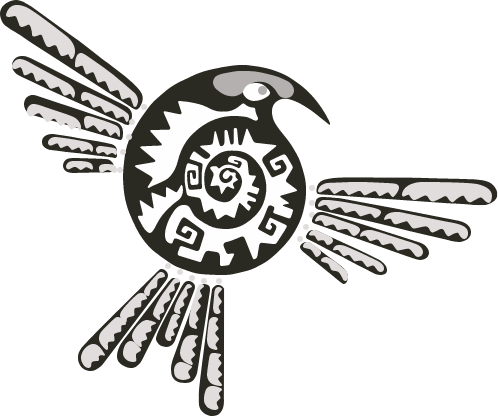Wangari Maathai won the Nobel Peace Prize for starting the Green Belt Movement in Africa, involving women in planting hundreds of trees across the continent.
Jane Goodall is famous for her research among chimpanzees on the same continent (in an era when women didn’t frequently travel alone to such places), and for galvanizing people of all ages, all over the world, to take positive action on behalf of the planet.
Greta Thunberg is a fearless young advocate for addressing climate change, not letting her age or her gender stop her from calling out world leaders for their crimes against the environment.
In Costa Rica’s Area de Conservación Guanacaste (Guanacaste Conservation Area), Milena Gutiérrez Leitón is breaking gender stereotypes as a female park ranger while conducting reforestation research.
These are just a few of countless environmental champions I could name. They may represent different ages, ethnicities, and backgrounds, but embody the same vision: leaving this planet a better place for future generations.
And they are all women.
The participation of women in conservation is not only inspirational, it’s essential. So critical, in fact, that educating women and girls is listed among the top ten most important actions for conservation, along with family planning, both of which fall under the overarching umbrella of female empowerment.
The recent launch of a new program at Finca Cántaros—Las Jóvenes Comprometidas con la Tierra—aims to address the importance of female empowerment, both in the context of conservation and positive youth development.
According to the United Nations, girls and women alike in every part of the world continue to suffer violence and discrimination. Many of the UN’s Sustainable Development Goals (SDGs) underscore that improving social and environmental conditions globally requires providing women and girls with greater access to education, jobs, health care, and economic and political representation.
The marginalization of women around the world limits their control over reproductive health choices and family planning. This can lead to large family sizes that both further perpetuate a cycle of poverty, and strain local environments as natural resources must be extracted to meet basic survival needs.
Women bring unique, important skills and perspectives to the environmental field, but are more likely to be undervalued for their knowledge and contributions, and as in all labour sectors, face sexual harassment and experience different forms of discrimination such as lower wages.
It is critical to create spaces for young women to develop professional skills like leadership as well self-efficacy, which in turn build self-esteem. Such tools and confidence can help facilitate the flow of all their qualities and commitment (not only to conservation but to other causes), along with the capacity to confront and overcome barriers.
Las Jóvenes Comprometidas con la Tierra was kicked off with a tree-planting activity related to the AmistOsa Biological Corridor efforts, conducted in safe social bubbles. As coordinators of the program, Carla Azofeifa (head of Environmental Education at Finca Cántaros) and I want to get to know the young women and understand their goals, strengths, challenges and lived experiences, in order to collaboratively develop the program activities and curriculum with them.
Although the program structure is deliberately undefined for this reason, one thing is certain. We want to encourage more young women to ask themselves: who are my female environmental heroes, both here in Costa Rica and beyond?
And we want them to be able to count themselves among the answers to that question.

